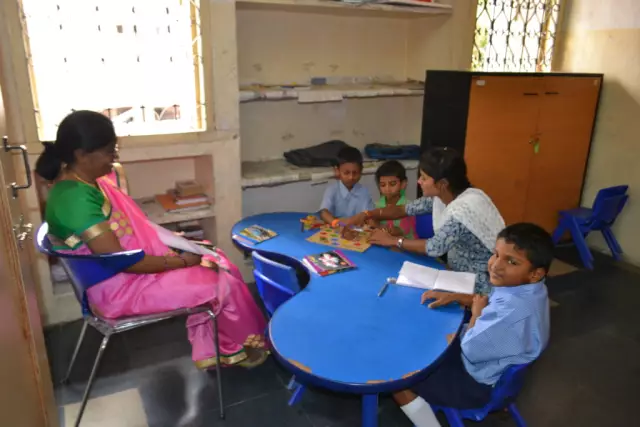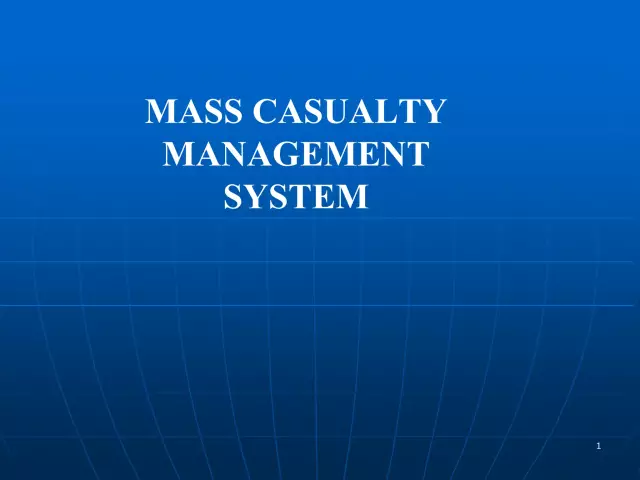- Author Rachel Wainwright wainwright@abchealthonline.com.
- Public 2023-12-15 07:39.
- Last modified 2025-11-02 20:14.
Pedagogical methods of education
All the variety of pedagogical methods of teaching and upbringing can be divided into two categories - evaluating human activity and prompting specific actions. The first group includes all kinds of censure and encouragement, and the second - motivation and persuasion.

Persuasion as a method of education in the pedagogical process
World practice allows us to regard conviction as the main civilized pedagogical method of education. Its essence consists in clarification, the impact of words and deeds on the consciousness of pupils. Persuasion forms valuable humanistic qualities in them.
For a persuasion to be successful, a number of conditions will need to be met:
- Any words must be backed up by deeds;
- The mentor himself must be sure of his own position and point of view, otherwise he will certainly be caught in falsity;
- The mentor must be proficient in oratory, be able to conduct conversation and polemics: his thoughts and speech must be accurate and arouse interest;
- Pupils should be encouraged to take action; to do this, they are shown the merits and demerits of their behavior, create conditions for the implementation of the right actions, celebrate and encourage positive actions, form a sense of camaraderie and modesty.
Motivation as a pedagogical method of education
Motivation places the pupil in such a framework of behavior that is approved by society. The essence of this pedagogical method of upbringing is to direct the individual to the desired activity for society. As a form of motivation, one can consider any methods of interaction between the mentor and the pupils. In particular, it can be an order - the essence of a means of management and organization, the basis of interaction within the team.
Encouragement and censure
Performance assessment is an integral part of everyday educational practice. For her, they use such pedagogical methods of education as encouragement and censure. Correct encouragement is a good motivator and a strong factor for team unification. It is one of the pillars of the educational system and can take many different forms - a reward, a pat on the shoulder, a friendly handshake.

Encouragement is an objective need of a person who has made efforts to achieve a goal. It reflects the assessment of these efforts as positive. At the same time, encouragement as a pedagogical method of education must meet certain requirements:
- Assess real and specific merits;
- Cannot be used as "payment" for simple, adequate human behavior;
- Be timely and public.
Censure as a pedagogical method of education is a reaction to a negative act. It fosters will and responsibility in a person, forms a strong character. Reproof can, for example, take the form of a disapproval of such an act. When making censure, you also need to adhere to certain rules:
- Only a specific act is condemned;
- The degree of censure is assessed individually, taking into account the severity of the offense and the personality traits of the pupil;
- The form of a condemning statement should not contain irritation;
- The censure must be timely and necessarily implemented;
- The deed of one cannot become a reason for the censure of the collective.
Pedagogical methods of upbringing are not an end in themselves, but are ways to achieve the goals set by the mentor and develop the given qualities in the pupils. If traditional methods do not bring results, the teacher's task is to find other ways that are appropriate for this particular situation.
Found a mistake in the text? Select it and press Ctrl + Enter.






